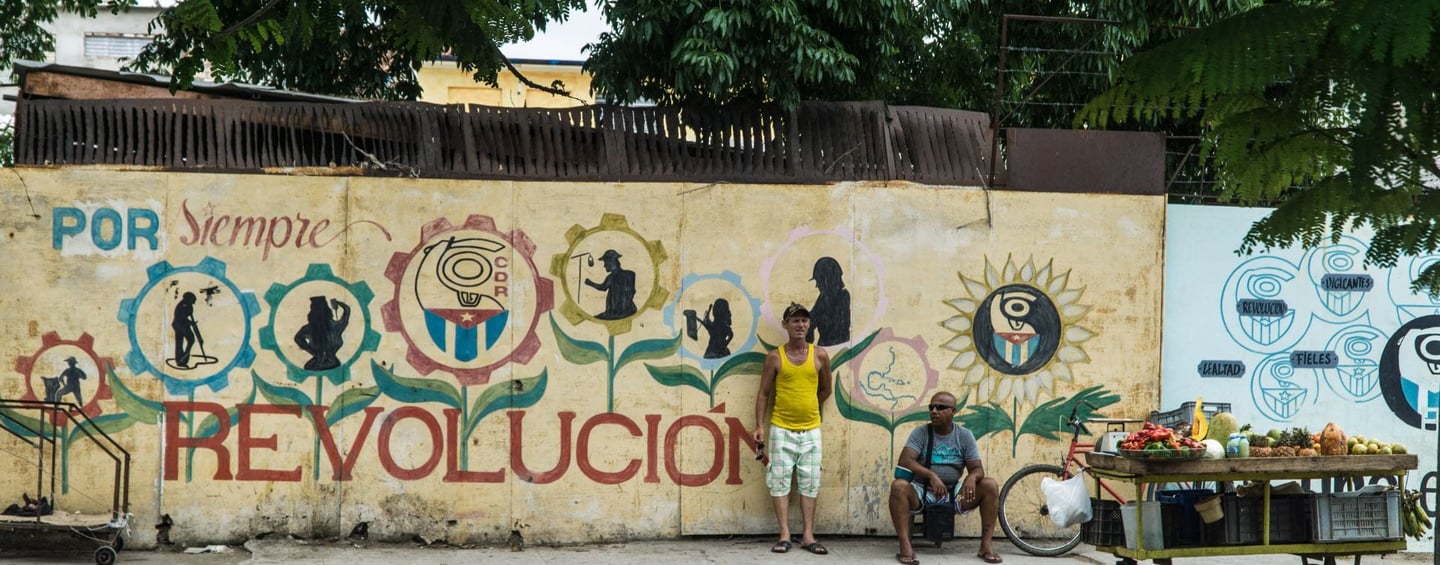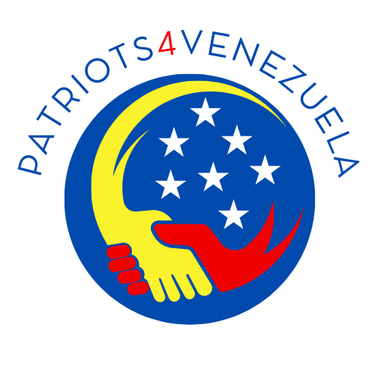How Narco-Socialism Weaponizes Democracy Against Itself
Narco-socialism exploits democracy to dismantle it, starting with constitutional rewrites that centralize power, enable indefinite reelection, and weaken checks and balances. Pioneered by Hugo Chávez in Venezuela, this strategy, cloaked in democratic representation, has been replicated in Ecuador, Bolivia, Chile, and Colombia to establish authoritarian regimes.
Ignacio De Leon
1/18/20252 min read


Some might dismiss the rise of narco-socialist regimes as isolated phenomena, products of unique circumstances or charismatic leaders. But make no mistake—this is a meticulously crafted template, one that operates under the guise of democracy to dismantle it from within. Its roots trace back to the late Hugo Chávez in Venezuela, whose strategy became the playbook for others like Rafael Correa in Ecuador, Evo Morales in Bolivia, Andrés Manuel López Obrador in Mexico, and more recently, Gabriel Boric in Chile and Gustavo Petro in Colombia.
The blueprint is as cunning as it is destructive. Step one? Rewrite the constitution. Chávez set the stage by calling for a new charter that centralized power in the presidency, enabled indefinite reelection, and systematically dismantled checks and balances. Key institutions—Congress, the judiciary, and even electoral oversight bodies—were transformed into extensions of the executive. Successive elections, far from legitimizing democracy, became tools of manipulation, creating the illusion of representation while entrenching autocracy.
This script is not new. It echoes a darker moment in history: Adolf Hitler’s exploitation of emergency powers after the Reichstag fire to consolidate control over Germany. Chávez and his successors have adapted this tactic to modern times, weaponizing democratic processes against themselves. Frequent elections—often riddled with irregularities—serve not as a mechanism of accountability but as a smokescreen to disarm both domestic dissent and international scrutiny.
And just as socialism's DNA carries the seed of expansionism, this template has metastasized across Latin America. Rafael Correa’s Ecuador followed suit, with Morales replicating it in Bolivia, pushing the same constitutional overhauls and centralization of power. López Obrador’s rhetoric in Mexico and Petro’s maneuvers in Colombia suggest their intentions to tread this same dangerous path.
The danger lies in how this pseudo-democratic facade confuses outsiders, especially in countries with strong democratic traditions. The manipulation of elections, constitutions, and institutions cloaks authoritarianism in the language of popular sovereignty. This distortion of democracy undermines the very ideals it claims to uphold, creating regimes that thrive on deception and control.
Narco-socialism’s pseudo-constitutional strategy is a political parasite, feeding off the democratic structures it destroys. For those who believe in genuine democracy, understanding and exposing this playbook is crucial. Otherwise, Latin America risks being caught in a vicious cycle, where the tools of freedom are used to forge the chains of oppression.
